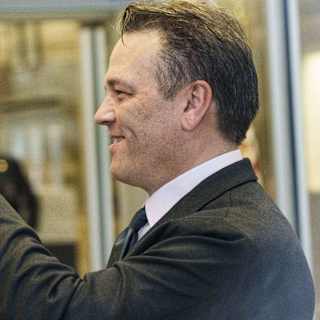- Gaming Division Gutted as Studios Close
- Executive's AI Suggestion Sparks Outrage
- Pattern of AI-Driven Workforce Reduction
Microsoft confirmed another round of workforce reductions affecting 9,000 employees worldwide, with gaming and engineering divisions bearing the brunt of cuts as the technology giant redirects resources toward an $80 billion artificial intelligence investment. The July 2 announcement represents the latest phase in a systematic restructuring that has eliminated more than 15,000 positions company-wide this year alone.
The layoffs underscore Microsoft's calculated pivot toward AI dominance, even as the company faces criticism for its handling of displaced workers and questions about the human cost of automation.

The gaming sector absorbed the heaviest impact, with Microsoft shuttering The Initiative studio entirely and canceling the highly anticipated Perfect Dark reboot1. Rare Studios lost staff as the company scrapped Everwild, while Turn 10 Studios, creators of the Forza franchise, saw 50% of its workforce eliminated1.
ZeniMax Media's European offices were downsized and new online projects canceled1. King, the mobile gaming subsidiary behind Candy Crush, reduced its workforce by 10%1. The cuts also eliminated roles in user research and child safety teams1.
According to The Seattle Times, Microsoft is "moving to reduce headcount to free up more capital for AI spending"2. The company has allocated $80 billion for AI infrastructure in fiscal year 2025, up $25 billion from the previous year2.
The layoffs triggered controversy when Xbox Game Studios executive producer Matt Turnbull suggested on LinkedIn that displaced workers use AI tools to "reduce the emotional and cognitive load that comes with job loss"12. The now-deleted post recommended ChatGPT and other AI services for career planning and emotional support3.
The suggestion drew immediate backlash from industry professionals. "Read the room dude," responded Eric Smith, a ZeniMax Online producer whose project was canceled2. Game designer Paul Murphy called the advice tone-deaf, telling Turnbull to "give them the respect they've earned and assume they have the ability to write their own resumes"2.
The latest cuts continue a pattern that began in 2023, when Microsoft eliminated 10,000 positions, followed by thousands more in 20241. CEO Satya Nadella revealed that AI now generates up to 30% of the company's code, with CTO Kevin Scott predicting that figure could reach 95% by 20301.
Software engineers comprised more than 40% of the 2,000 employees laid off in Washington state during earlier 2025 cuts1. Customer-facing roles remained largely untouched, reflecting the company's belief that AI can replace technical work while human interaction remains essential1.
Microsoft's stock price remained unchanged following the layoff announcement, suggesting investors view the cuts as prudent cost management rather than a warning sign2.



